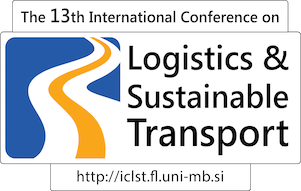Professor Thierry Vanelslander, PhD, University of Antwerp, Belgium
Thierry Vanelslander is a Research Professor at the University of Antwerp – Department of Transport and Regional Economics. He graduated as a doctor in Applied Economics at the University of Antwerp in 2005, having started there as a research and teaching assistant in 1998. His Ph.D dealt with co-operation and competition in sea-port container handling. Rather soon after graduating, he became scientific director of the Flemish Policy Research Centre on Freight and Passenger Flows hosted by our academic Department since then. Through that directorship, my research scope also widened: from purely port-related topics, to research in the field of air transport, all land transport modes (road, rail, barging, pipelines), urban logistics, and more transversal topics like innovation, infrastructure finance, sustainability and regional economics. After his PhD graduation, he also started to be more heavily involved in attracting new project research, among which many European research projects, but also projects funded by private companies, port authorities, and national, regional and local governments. In 2010, he became holder of the BNP Paribas Fortis chair on transport, logistics and ports hosted since then by the Department. Just in 2013 then, he got nominated Research Professor at the Department. In his teaching activities, he is currently course co-ordinator for the course on Advanced Transport Economics and the seminar on Maritime Technology. He also had and has, since its foundation in 2003, the chance to be involved in co-managing and setting up joint activities (research, courses and events) in the TransportNET network.

